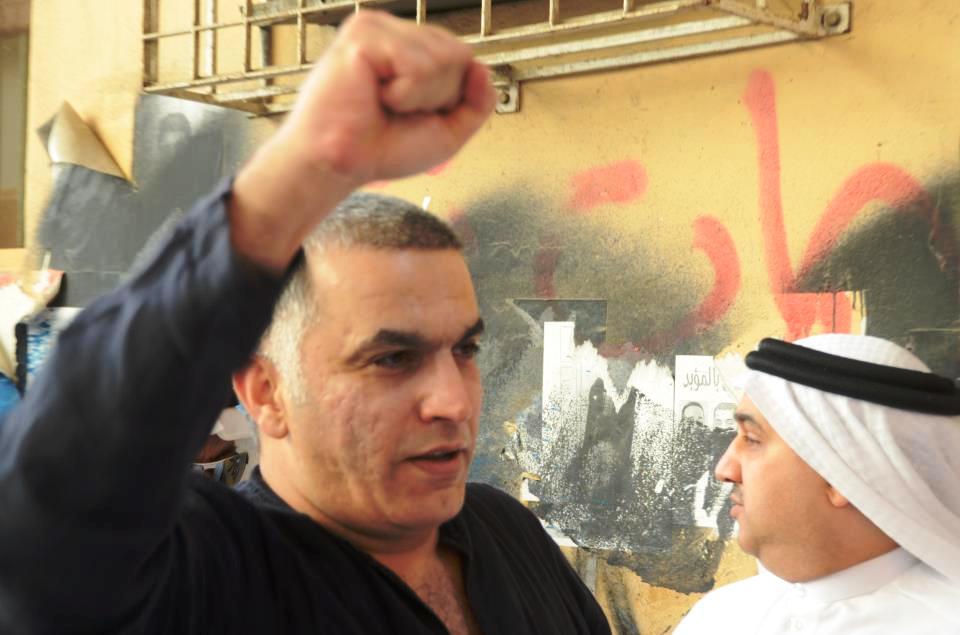(AhlulBayt News Agency) - Because of his tweets, Rajab had been charged with “insulting a statutory body” — the Ministry of Home Affairs — in a trial in Bahrain on February 21, Heraldmalaysia reported.
He faces an 18-year prison term and was also charged with “spreading false rumours during wartime.”
He allegedly warned of the dangers facing the people of Yemen, where a coalition, led by Saudi Arabia and including Bahrain, had intervened militarily.
Rajab was also accused of attacking the “prestige of the State” by criticizing, in three televised interviews, the bans on journalists and NGOs from entering the country.
Rajab is one of the targets of the toughening of the Bahraini regime. Faced with the Islamic Awakening that began in February 2011, the Bahraini monarchy, Wahhabi rulers of a country whose more than 600,000 inhabitants are 70 per cent Shi’ite, reacted with a series of reforms that have not had the desired effect.
This process was designed to provide a cover for a controlled campaign of repression, explained Nicholas McGeehan, Bahrain specialist at Human Rights Watch, where Rajab is a member of the consultative committee for the Middle East.
“I’m writing from the cell of a Bahraini prison (…) but I am not alone,” he wrote in September in a column in The New York Times.
“There are about 4,000 political prisoners in Bahrain, which has the highest number of prisoners per capita in the Middle East.”
Since February 14, 2011, thousands of anti-regime protesters have held numerous demonstrations in Bahrain on an almost daily basis, calling on the al-Khalifa rulers to relinquish power.
In March that year, troops from Saudi Arabia and the United Arab Emirates, themselves repressive Arab regimes, were deployed to the country to assist Manama in its crackdown on protests. Hundreds of Bahraini activists have been imprisoned and suppressed.
On June 20, Bahraini authorities stripped Sheikh Qassim of his citizenship, less than a week after suspending the al-Wefaq National Islamic Society, the country’s main opposition bloc, and dissolving the Islamic Enlightenment Institution founded by Qassim, and the opposition al-Risala Islamic Association.
Over the past few weeks, demonstrators have held sit-in protests outside Sheikh Qassim’s home to denounce his citizenship removal.
Bahrain has also sentenced Sheikh Ali Salman, another revered opposition cleric, to nine years in prison on charges of seeking regime change and collaborating with foreign powers, which he has denied.
Sheikh Salman was the secretary general of the al-Wefaq National Islamic Society, which was Bahrain’s main opposition bloc before being dissolved by the regime.
Things actually seem to be getting worse. The country’s only remotely critical newspaper, Al Wasat, which was shut down in 2011, has now been ordered by the government to close its online edition too after criticizing the executions.
/106

